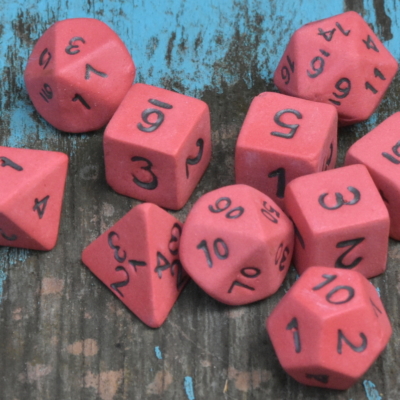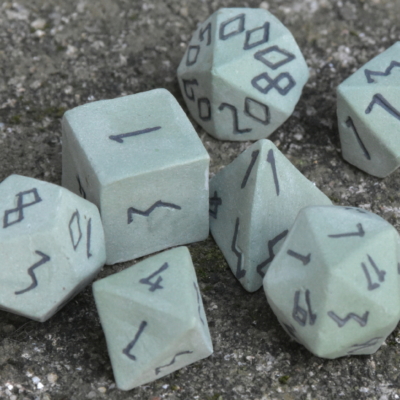Mastering the Paladin Build: Tips and Tricks for Your Next DND Campaign
Embarking on a new Dungeons & Dragons (DND) adventure? Whether you’re a seasoned player or a beginner, the Paladin build is a versatile and rewarding choice for any campaign. Paladins are known for their divine magic, combat prowess, and unwavering sense of justice. In this article, we’ll explore the essential elements of building a Paladin, provide some tips and tricks for beginners, and share some strategies to make your Paladin truly shine.
Choosing Your Race
The first step in building a Paladin is selecting a race that complements your character’s abilities. Here are a few races that work particularly well with the Paladin class:
- Half-Elf: With bonuses to Charisma and two other ability scores of your choice, Half-Elves are versatile and make excellent Paladins. Their extra skills and Fey Ancestry also come in handy.
- Dragonborn: Dragonborns receive a bonus to Strength and Charisma, making them ideal for Paladins. Their breath weapon and resistance to a specific damage type add to their combat effectiveness.
- Human: Humans are always a solid choice due to their +1 bonus to all ability scores, making them adaptable to any Paladin build.
Ability Scores and Skills
When it comes to ability scores, Paladins benefit most from high Strength, Charisma, and Constitution. Here’s a breakdown of the primary abilities:
- Strength: This is your primary combat stat, affecting your attack and damage rolls.
- Charisma: Essential for spellcasting, persuasion, and your Divine Smite ability.
- Constitution: Important for maintaining concentration on spells and overall durability in combat.
For skills, consider choosing those that align with your Paladin’s role in the party. Skills like Persuasion, Athletics, and Insight can be particularly useful.
Divine Smite and Spellcasting
One of the Paladin’s most iconic abilities is Divine Smite, allowing you to expend a spell slot to deal extra radiant damage on a successful melee attack. Use this ability wisely to maximize your damage output, especially against undead and fiends.
As a Paladin, you’ll also have access to a variety of spells that can bolster your combat abilities and support your party. Some essential spells to consider include:
- Bless: A great buff that adds to attack rolls and saving throws.
- Shield of Faith: Provides a +2 bonus to AC, which can be a lifesaver in tough battles.
- Cure Wounds: A reliable healing spell to keep you and your allies in the fight.
Oaths and Roleplaying
Choosing your Paladin’s oath is a significant decision that will shape your character’s abilities and roleplaying opportunities. Here are a few popular options:
- Oath of Devotion: Focuses on purity, justice, and protecting the innocent. Provides abilities like Sacred Weapon and Turn the Unholy.
- Oath of Vengeance: Centers on hunting down evil and delivering justice. Offers abilities like Vow of Enmity and Relentless Avenger.
- Oath of the Ancients: Emphasizes protecting nature and fighting against darkness. Grants abilities like Nature’s Wrath and Aura of Warding.
Roleplaying your Paladin can be incredibly rewarding. Consider your character’s backstory, motivations, and how their oath influences their actions. Are they a noble knight, a relentless avenger, or a protector of the wild?
Tips and Tricks for Beginners
Here are some additional tips and tricks to help you get the most out of your Paladin build:
- Communicate with your party: As a Paladin, you’ll often be in the thick of combat and may need support from your allies. Make sure to communicate your needs and coordinate your actions.
- Manage your spell slots: Balancing your use of Divine Smite and spellcasting can be tricky. Be mindful of your spell slots and use them strategically.
- Take advantage of your auras: Many Paladin auras provide significant benefits to your party. Position yourself to maximize their effectiveness.
- Embrace your role: Whether you’re the party’s tank, healer, or damage dealer, embrace your role and play to your strengths.
Building a Paladin in DND is a rewarding experience that offers both combat prowess and rich roleplaying opportunities. By following these tips and tricks, you’ll be well on your way to creating a memorable and effective Paladin character for your next campaign.
Happy adventuring!
Written by Megan Anderson
-
Fireball Ceramic Dice Set
Select options This product has multiple variants. The options may be chosen on the product page -
Runic Forgotten Forest Ceramic Dice Set
Select options This product has multiple variants. The options may be chosen on the product page -
Meatshield Ceramic Dice Set
Select options This product has multiple variants. The options may be chosen on the product page




